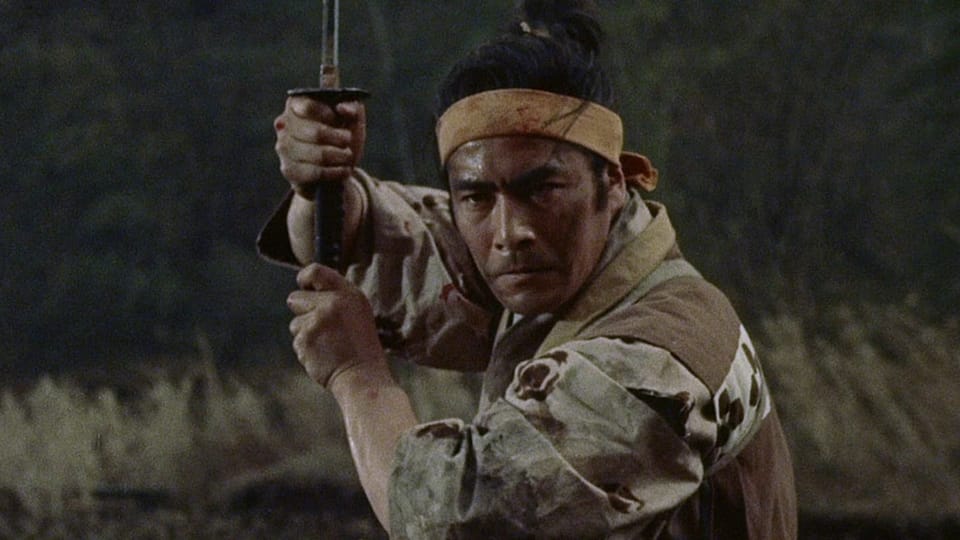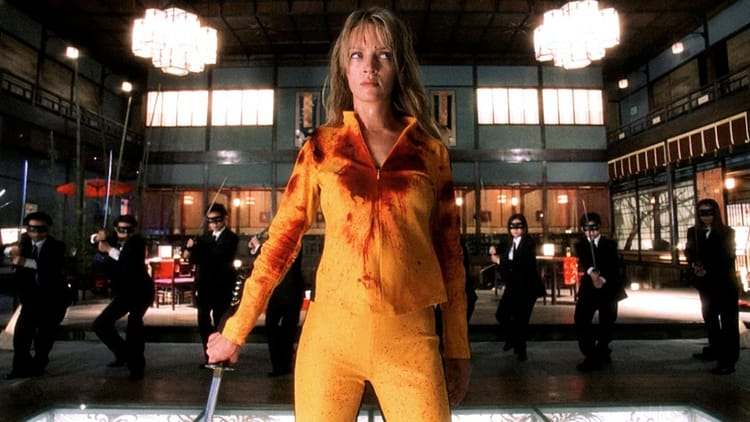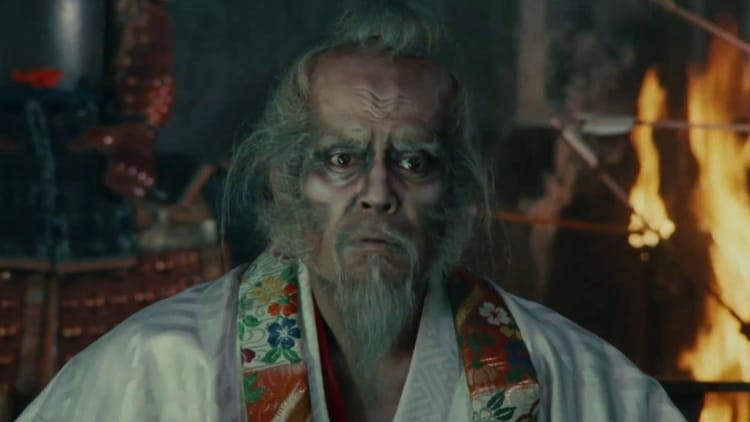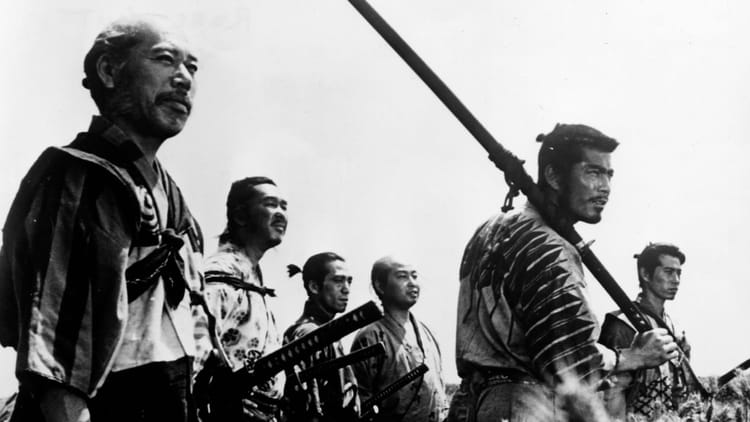Samurai II: Duel at Ichijoji Temple

Hiroshi Inagaki’s Samurai I: Musashi Miyamoto didn’t just hit the mark; it blew the target to smithereens (read my review here). Critics loved it, the box office raked it in, and naturally, this cinematic gem begat Samurai II: Duel at Ichijoji Temple, the sophomore act in The Samurai Trilogy. This sequel doesn’t just raise the stakes—it dials them up to eleven, throwing us headfirst into Musashi Miyamoto’s world, drenched in romance and drama. New faces pop up, and they’re pivotal to Musashi’s journey.
The ensemble mostly reprises their roles, though there are a few switch-ups. Rentarō Mikuni, the original Matahachi Honiden, steps aside, making room for Sachio Sakai, thanks to Mikuni’s skyrocketing fame and jam-packed schedule. Mikuni didn’t just sit around; he was rubbing shoulders with legends like Kon Ichikawa, Masaki Kobayashi, and Tomu Uchida, even taking on the role of Priest Takuan in Uchida’s own Musashi series.
Musashi Miyamoto, now a legend with a sword, is on a quest for wisdom and knowledge, all while his reputation for being a badass swordsman grows. As he reintegrates into society, he’s met with admiration and enemies, leading to a showdown with an entire fencing school. Enter Sasaki Kojirō, a swordsman with his eye on Musashi, setting the stage for epic future clashes.
This film isn’t just a rehash of the first; it’s a fresh narrative cocktail, mixing history with fiction. Sure, the real duel at Ichijoji Temple was bloodier than what we see on screen, but Inagaki’s adaptation masterfully blends fact and fiction, drawing inspiration from Eiji Yoshikawa’s writings.
The screenplay, though, has its hands full with a myriad of subplots, leaving some storylines feeling rushed and half-baked. Take Matahachi Honiden, for example; he’s reduced to a near footnote despite his significant role in Yoshikawa’s tale. This imbalance does dampen an otherwise gripping story.
I became wiser. And ambitious. I was torn between my love for you and my love for the sword. And far I have traveled. To speak the truth now, my heart has chosen the sword.
But let’s talk about what works. The film nails Musashi’s character arc. He’s portrayed as a skillful warrior on a spiritual journey. His smarts and occasional social awkwardness make him relatable, showcasing his evolution from a cloistered samurai to a sage-like figure. The love triangle with Musashi, Otsu, and Akemi adds emotional layers with performances that tug at the heartstrings.
Sasaki Kojiro’s introduction as Musashi’s future nemesis injects suspense and anticipation. Kojiro’s sly and intimidating presence enriches the plot, setting up their legendary duel.
Toshiro Mifune’s portrayal of Musashi is top-notch, balancing toughness with vulnerability. Koji Tsuruta’s Sasaki Kojiro is a menacing, captivating force, like a harbinger of doom. As Otsu and Akemi, Kaoru Yachigusa and Mariko Okada bring depth and emotion to their roles. The supporting cast delivers stellar performances, including Akihiko Hirata, Eijirō Tōno, Kokuten Kodo, Mitsuko Mito, and Michiyo Kogure. Though Sachio Sakai steps in for Matahachi, he’s held back by limited screen time.
Visually, the film is a feast for the eyes, with Eastmancolor and Jun Yasumoto’s cinematography creating stunning imagery. The vibrant colors and elaborate sets enhance the cinematic experience. The action scenes, especially Musashi’s face-off against numerous warriors, are electrifying, showcasing his incredible swordsmanship, including the debut of his dual-sword style, “Niten Ichi-ryu.” Ikumi Dan’s music score elevates the film further.
Samurai II: Duel at Ichijoji Temple may not eclipse its predecessor, but it stands tall as a worthy sequel. Despite its subplot juggling act, the core story of Musashi Miyamoto captivates. The introduction of Sasaki Kojiro as Musashi’s ultimate adversary is a highlight, priming us for the trilogy’s grand finale.
Inagaki’s depiction of Musashi allows the hero to undergo believable transformations of introspection, self-doubt, and growth. The film echoes the everyday struggles and choices faced by ordinary people, viewed through the epic lens of a legendary samurai’s odyssey. Samurai II delves into themes of virtue, betrayal, honor, and the relentless pursuit of greatness, resonating with audiences through its timeless narratives and character studies. It offers a powerful portrayal of personal and spiritual trials, with Musashi’s journey embodying the resilience and triumphs of the human spirit.





